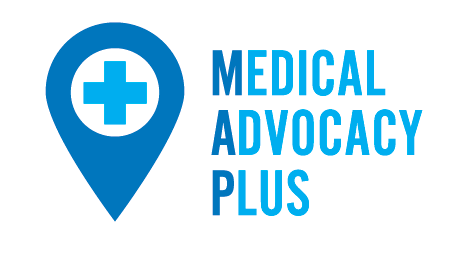07 Oct YOUR HEALTH: What’s the Value Of Time And Money?
How are you spending your money these days?
People choose different ways to spend their money. Some spending is impulsive with instant gratification. We crave and enjoy rewarding ourselves even when it’s not the healthiest. These include indulging in a sweet or eating a healthy meal, cleaning your car, or impulse purchases. It’s fun to spend money on non-necessities!
Some spending is more long-lasting including, exercise and diet programs, taking a continuing education course to enhance your knowledge, therapy services, and developing a good sleep pattern. As a result, you achieve a delayed gratification that possibly takes more work.
There are many other ways to spend your money when it comes to medical spending. After all, we spend money when we need legal and tax advice. We go to counselors when we have personal problems. We pay home inspectors to give us the nitty-gritty when purchasing a new home. So, I’m not sure why you wouldn’t invest in your care to benefit your health for short or long-term gratification?
How important is your health? It is something you don’t want to lose. When it comes to medical spending, most people think of insurance and doctor care. Of course, this is where most of your money goes; however, have you thought about how you can maximize those costs? Sometimes, you may need a little guidance, especially in a complex medical situation.
The average time spent with your doctor is 15 minutes, and the insurance agent typically answers questions about your coverage and costs. So, what do you do when you have concerns that go beyond the fifteen-minute doctor visit or the limited information from your insurance agent?
Feeling stressed about a particular health situation can cause negative impacts on your health. For example, did you know that increased costs are due to increased stress from a healthcare situation? It can lead to cardiovascular disease, depression, and chronic disease. In addition, investing in some unfamiliar medical spending services can reduce overall spending in the long term.
So, what is the unfamiliar medical spending? Patient Advocacy.
And what are the complex issues that lead to increased time and money?
• Confusing medical information about treatment and diagnoses
• Confusing medical bills and insurance coverage
• Scrambling from doctor to doctor for treatment while managing a chronic disease
• Navigating from home to hospital, hospital to home, or nursing homes
• Navigating older adult services
• Wellness and prevention to combat chronic diseases.
While you indulge in some fun and instant gratification spending, don’t forget about spending time learning how to improve your overall health and reduce the stress and anxiety of a healthcare situation. Medical Advocacy Plus (MAP) helps guide you through the complexities of the healthcare system. We add value to your spending.
There is no cookbook method used to guide you as each plan is individualized to meet your needs. Reach out to me so I can MAP you in the right direction.

